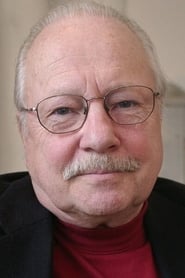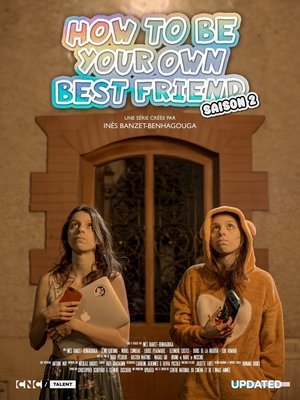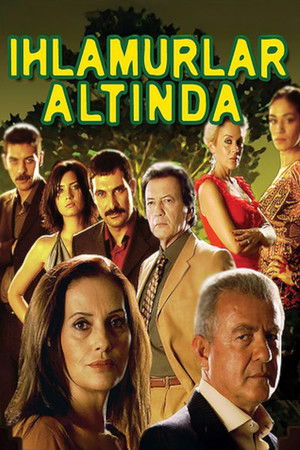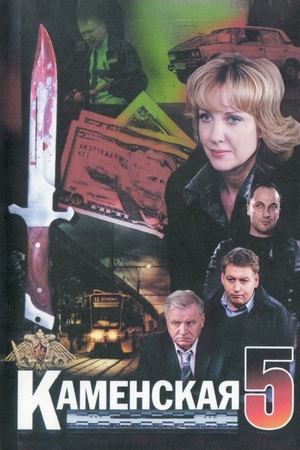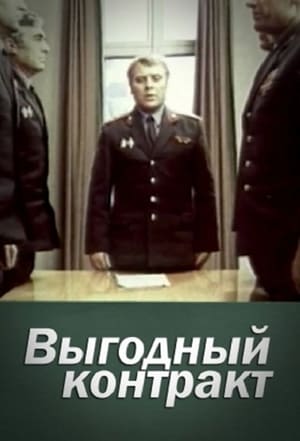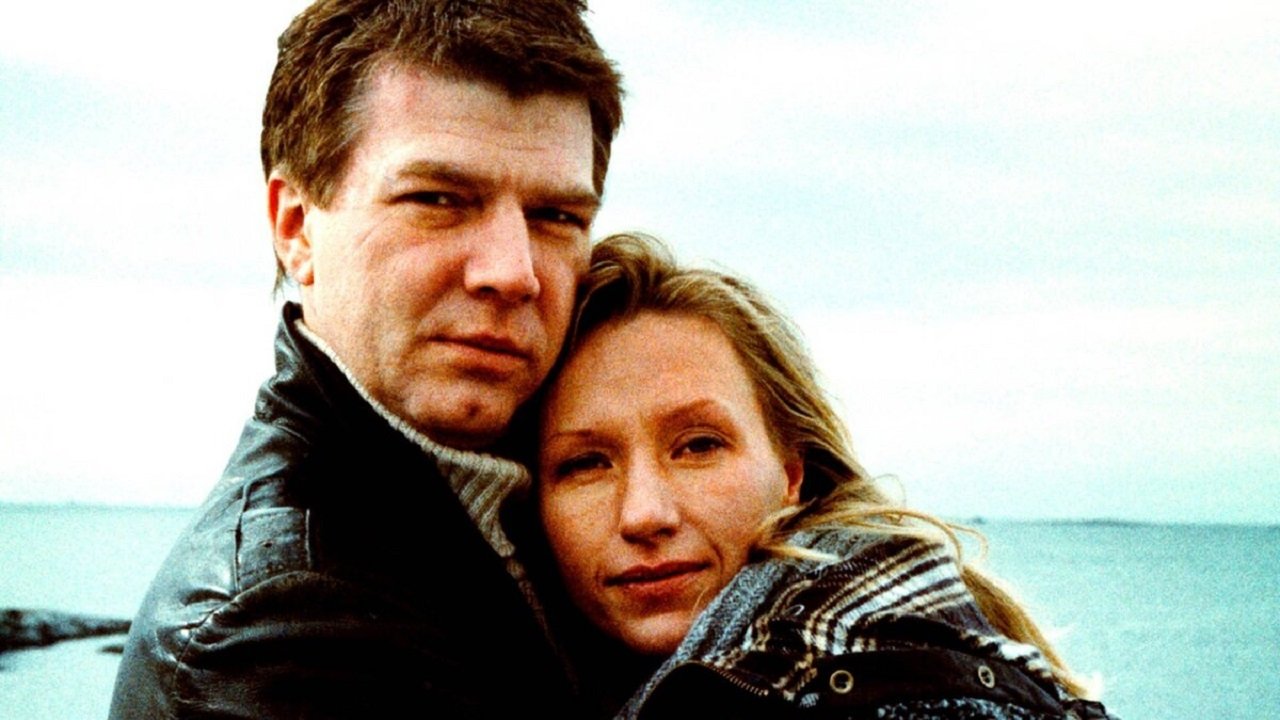
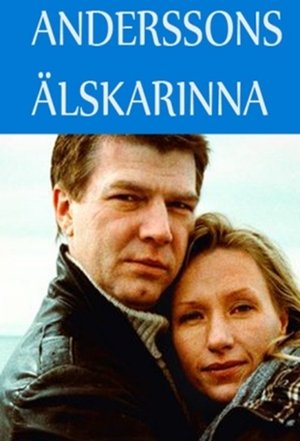
Anderssons älskarinna(2001)
Production Companies:



Recommendations TVs
The Golden Shot (en)
The Golden Shot was a British television game show produced by ATV for ITV between 1 July 1967 and 13 April 1975, based on the German TV show Der goldene Schuss. It is most commonly associated with host Bob Monkhouse, though, three other presenters also hosted the show during its lifetime. Hostess Anne Aston was on hand to read out the scores achieved by the contestants, and each month a "Maid of the Month", usually a glamour model of the era, would demonstrate the prizes and announce the contestants. When Bob Monkhouse returned to present the show in 1974, he was joined by co-hostess Wei Wei Wong, an ex-member of Dougie Squires' Second Generation dance troupe. This was notable as one of the earliest regular appearances by an Asian woman on British TV.
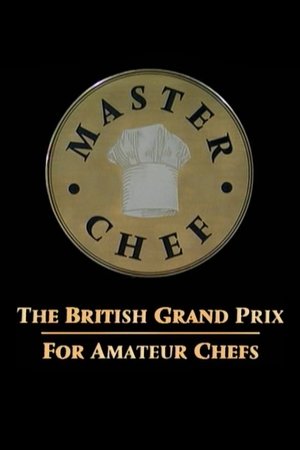
MasterChef (en)
MasterChef is a BBC television competitive cooking show. It initially ran from 1990 to 2001 and was later revived in a different format known as MasterChef Goes Large from 2005 onwards. In 2008, the "Goes Large" part of the name was dropped, but the format remains identical. The revamped format was devised by Franc Roddam and John Silver with Karen Ross producing. The series now appears in four versions: the main MasterChef series, MasterChef: The Professionals for working chefs, Celebrity MasterChef, and Junior MasterChef, for 9-to-12-year-olds. The format has been reproduced around the world in a large number of international versions.
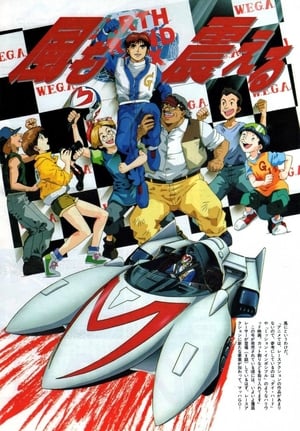
Mach GoGoGo (ja)
Speed Racer X, known in Japan as Mach GoGoGo (マッハGoGoGo, Mahha GōGōGō) and sometimes referred to as New Mach GoGoGo (新・マッハGoGoGo, Shin Mahha GōGōGō), is a 1997 remake of the original 1967 series Speed Racer by Tatsunoko Production, the original producers. The show originally aired in Japan in 1997 on TV Tokyo and lasted only 34 episodes of a planned 52. Following the footsteps of his brother, who was apparently killed in a race accident, Go Hibiki races the competition in the Mach 5—a special race car built by his father.
The Pyramid Game (en)
The Pyramid Game was a United Kingdom game show based on the American format of the same name that was originally shown on ITV from 1981 to 1984 then 1989 to 1990 hosted by Steve Jones, then revived by Challenge in 2007 hosted by Donny Osmond.

Iron & Fire (en)
Backwoods blacksmith Daniel Casey is one of the most skilled craftsmen in America. Using raw steel and ancient timber, Daniel hammers out a variety of historic weapons for a roster of highly discerning collectors and enthusiasts. Based in a close-knit community deep in the Ozarks, tradition and family are close to Daniel's heart, but at the end of a long, hard day, he's all about fun - as he kicks back with buddies to test his creations. The result is a jaw-dropping array of exploding targets, speeding bullets, and razor sharp knives.
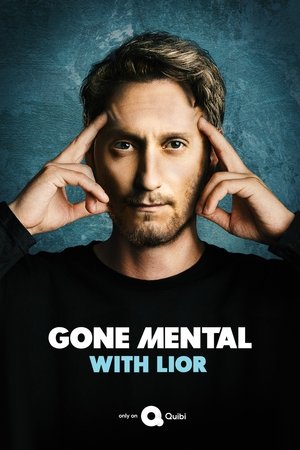
Gone Mental with Lior (en)
Is it possible to read another person’s thoughts? Mentalist Lior Suchard thinks so. And he’s about to stun celebrities and passersby alike with his mind-reading prowess.

The Monument Mythos (en)
In an alternate universe, bizarre events occur near various monuments around the world, most commonly in the United States.
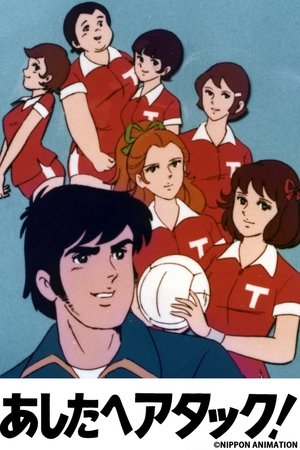
Attack on Tomorrow (ja)
A group of high school girls who love to play volleyball form a team. Although it starts out as a weak and unorganized sport club, over time the girls’ extraordinary passion and endeavor enables their team to become one of the best organized and highly recognized teams at the school. Now they aim to win the championship in the National High School Volleyball League.
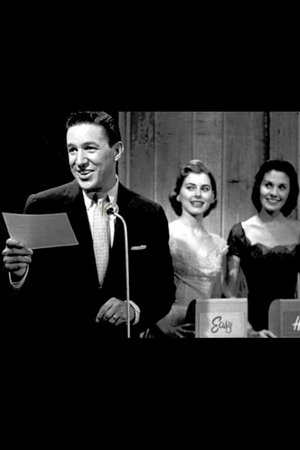
The Big Surprise (en)
The Big Surprise is a television quiz show broadcast in the United States by NBC from October 8, 1955 to June 9, 1956 and from September 18, 1956 to April 2, 1957. It was hastily created by NBC in response to the overwhelming ratings success of The $64,000 Question, which had premiered on CBS in Summer 1955 and almost instantly became a smash hit. The Big Surprise offered a grand prize of $100,000. The series was originally hosted by game-show entrepreneur Jack Barry through March 3, 1956, after which he was replaced by journalist Mike Wallace for the rest of the run.

